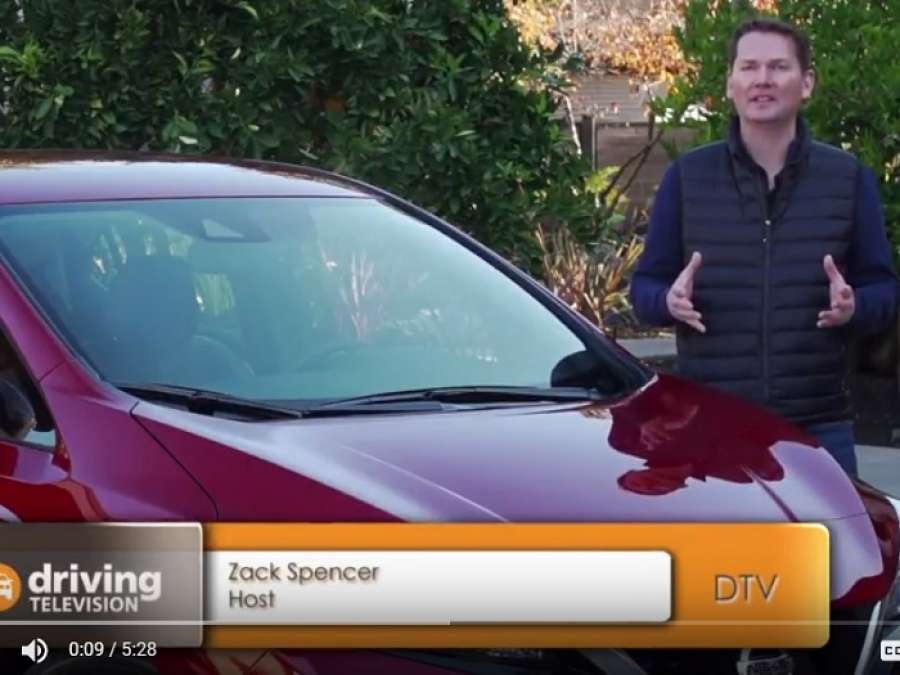Someone was looking at this 2018 Nissan Leaf video review and found that it was mentioned in the video that you can charge the car via a normal 110 volts plug (as any electric car can do) and also charge via a level 2 portable charger that is provided. This is very interesting and welcome development from Nissan. Thus, it seems that you do not need to get a charger anymore, you just need to get a NEMA 14-50 plug and you have it.
It's pretty cool isn't it?
So, it seems like the 2018 Nissan Leaf has an included 6.6kw mobile charger. This will drop the market L2 charger price and help EV owner wallet. it will help not only 2018 Nissan Leaf owners, but also for all the EV owners who use Level 2 chargers because the demand will diminish.
Some people say the level 2 portable charger is included with the Nissan Leaf SL model and an added optional purchase for the lower models. But others say that's only in the United States. In Canada, for example, it seems to be standard on all trim levels.
"I think the L1/L2 combo is great but in my opinion, it doesn't replace a home EVSE from a convenience point of view as removing and storing the portable cable every day is a pain (although technically you could just not leave it in the car). Another thing to keep in mind is that people who already have an EVSE installed will likely have to upgrade the electrical connection in order to install a 14-50 receptacle; most EVSE installs will have a 2 wire + ground 40A service (which is likely #8 or #10). 14-50 needs 3 wire + ground 60A so you'll have to re-run the wiring (likely with #6)," comments Michel de Breyne in Canada Nissan Leaf Owners public group on Facebook.
Let us know, please, what you think about these issues in the comments section below.






Comments
I have ordered the new Leaf
Permalink
I have ordered the new Leaf from Nissan Canada and it does come with the l1/l2 charger. Since I did not own an EV before it saved me about $1000 Cnd for an EVSE. For what they are they seem rather expensive. However the market is quite small still and there are quite a few manufacturers.
I downloaded the 2018 Leaf manual from Nissan and in the charging section they show a wall bracket for the included charger. I do not plan on taking it with me on every trip, that does not make sense. There are a lot of public chargers in my area so toteing one around does not make a lot on sense. But the option to carry it with me on out of town trips is very appealing.
I hope that it drops the price of these devices for everyone.
BP
Before putting the cart
Permalink
Before putting the cart before the horse, so-to-speak, has anyone bothered to read the 2018 Leaf's owner's manual concerning the portable charger?
I cannot imagine Nissan would intend much less promote L-2 charging without EVSE on a regular basis. I can only assume the portable L-2 capability is strictly for travel needs and not for daily use. A portable 220v/240v extension cord cannot replace EVSE.
The EVSE is in constant communication with the vehicle's charging equipment and monitors the charging process to make sure everything is working correctly and safely. The portable charge cord simply provides power to the car and disconnects that power when the batteries are fully charged.
I'm concerned there are going to be a lot of garage fires involving 2018 Leafs because there are going to be more people trying to charge their cars improperly with inadequate circuitry. The resulting news stories about homes burning down with a Nissan Leaf in the garage are exactly the last thing Nissan, and the EV community at large, would want. The average homeowner knows very little about electricity and even less about electric cars and how they work.
I've been driving a Leaf of one kind or another since 2011. My advice is only charge your EV using EVSE that has been properly connected by a professional electrician. Save the NEMA 14-50 plug for traveling when there is no better option.